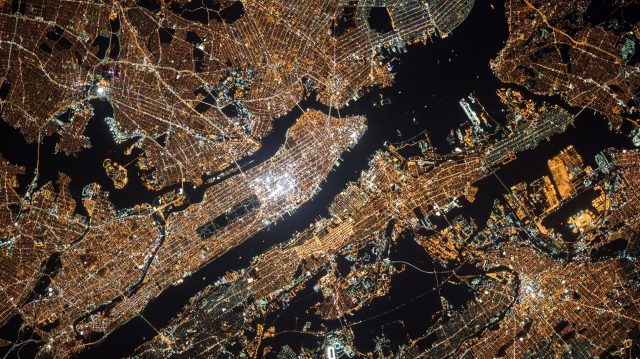Satellites and scientific breakthrough have potential to help in the fight against modern slavery according to Kevin Bales, founder of the NGO Free the Slaves. “When we unlock the science of slavery … we can use the laws of science to help crack this crime,” said Bales at this week’s Trust Conference.
Thomson Reuters Foundation reports:
The University of Nottingham’s Rights Lab, the world’s first large-scale research platform on modern slavery, is using satellites to locate child labor camps in Bangladesh and brick kilns in India – sites infamous for using slaves, Bales said.
Its “Slavery from Space” project relies on crowdsourcing, whereby online volunteers sift through satellite images to identify possible hives of slavery, which can also help to improve artificial intelligence, according to Bales.
Researchers are also striving to better understand the impact of slavery on survivors’ minds, and the possible genetic transmission of trauma from generation to generation, he said.
Human trafficking generates illegal profits around $150 billion USD annually and 40 million people are estimated to be trapped in modern slavery — encompassing forced labor, trafficking for sexual exploitation, and forced marriages.
The United Nations has a global goal to eradicate forced labor and slavery by 2030.





Freedom United is interested in hearing from our community and welcomes relevant, informed comments, advice, and insights that advance the conversation around our campaigns and advocacy. We value inclusivity and respect within our community. To be approved, your comments should be civil.